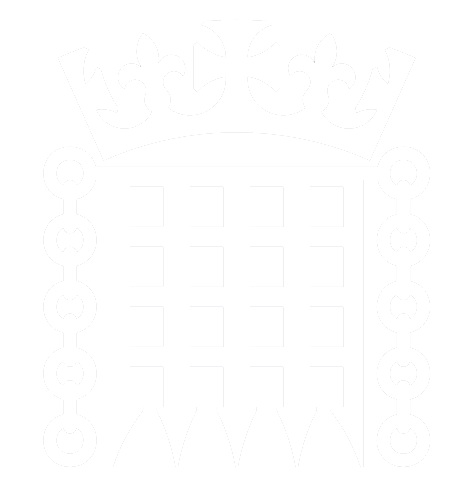In Parliament this week the Sanctions and Anti-Money Laundering Bill came back before the House. Excitingly, an amendment I supported on the creation of public registers of beneficial ownership of companies registered in British Overseas Territories (OTs), gained the support of the Government and was added to the Bill. The passing of this cross-party amendment signifies a great moment in the fight against corruption and money-laundering.
As Co-Chair of the Anti-Corruption APPG I am pleased that the Government chose to support this, marking a move towards greater transparency. The need for greater transparency is demonstrated in Global Witness’s recent analysis, which shows that over the last ten years more than seven times more money has flowed from Russia to the OTs than to the UK itself. The research also identities a number of cases which demonstrate this wealth is the proceeds of crime and suspected corruption. With £34bn of Russian money currently invested in the OTs, the third most popular place to store money, it is vital that the public registers of beneficial ownership are created so that the sources of this money can be identified. A serious step towards combating serious criminals and corrupt elite on the international stage.
There is an issue of sensitivity here as we do not want to legislate directly for the OTs in breach of our long standing constitutional arrangements respecting their autonomy. However, the majority view of the UK parliament is that the UK and its OTs must lead the way in the fight against corruption. To simply wait for others to adopt this standard internationally and then follow suit, leaves much to be desired in our moral conscience. Especially when the traffic of corrupt money and illicit finance around the world keeps the most vulnerable locked in poverty.
Indeed, Oxfam amongst other charities have welcomed the move, since the end of secrecy in tax havens will help developing countries to recover billions of lost income which can be put towards much-needed schools and hospitals instead.
If the UK and the OTs are committed to tackling serious criminals and corruption then we should have public registers ahead of it becoming the international standard, as set by the Financial Action Task Force. These public registers allow charities, NGOs and others to scrutinise and expose dirty money and those associated with it. If we set this standard, then others around the world will follow.
It is not simply a matter of the illicit money in the OTs to be viewed in isolation. As shown in the recent Panorama investigation, supported by Transparency International UK, dirty money ends up in the UK and in the London property market; with £4.4bn worth of UK property having been brought with suspicious wealth. In this particular instance a group of individuals linked to corruption and organised crime in Ukraine used the secrecy offered by the UK’s OTs to conceal their identities and the true ownership of their assets and bury these funds in luxury London property. The figures TIUK have, only represent what is publically known which is why these publicly accessible registers of beneficial ownership are so important. It is through greater transparency that we can end the UK and its Overseas Territories involvement in the facilitation of money laundering for the corrupt and other criminals.

